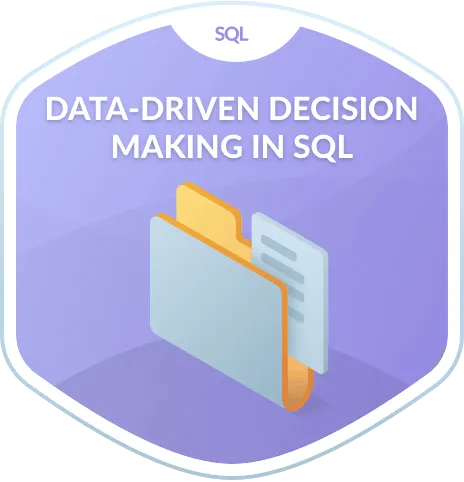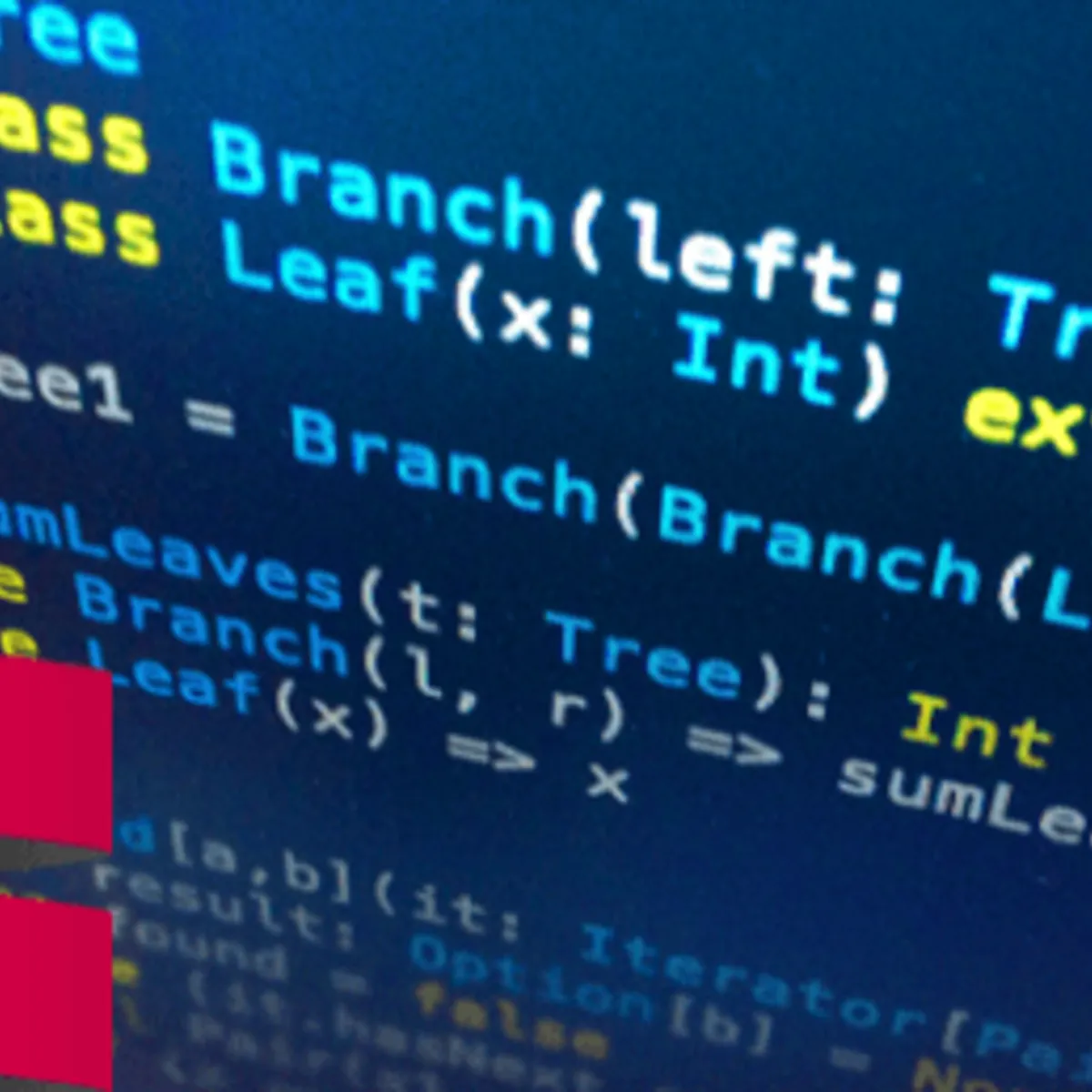
Data-Driven Decision Making in SQL 
This course teaches students how to use SQL to analyze data and present insights to management. Students will learn how to query a SQL table, interpret the results, and communicate their findings to stakeholders. ▼
ADVERTISEMENT
Course Feature
![]() Cost:
Cost:
Free Trial
![]() Provider:
Provider:
Datacamp
![]() Certificate:
Certificate:
Paid Certification
![]() Language:
Language:
English
![]() Start Date:
Start Date:
On-Demand
Course Overview
❗The content presented here is sourced directly from Datacamp platform. For comprehensive course details, including enrollment information, simply click on the 'Go to class' link on our website.
Updated in [March 20th, 2023]
At the end of the course, you will be able to analyze a SQL table and report insights to management. You will also be able to use SQL extensions for OLAP to obtain key insights from multidimensional aggregated data.
This course is designed for education assistants who want to learn how to use SQL to support decision making. It is suitable for those with basic knowledge of SQL and database concepts.
[Applications]
After this course, participants will be able to apply the knowledge they have gained to their own data sets. They will be able to use SQL to analyze data and generate insights that can be used to inform decision making. They will also be able to use OLAP to gain insights from multidimensional data. Finally, they will be able to present their findings to management in a clear and concise manner.
[Career Paths]
1. Data Analyst: Data Analysts use SQL to analyze data and create reports that help inform decision making. They use SQL to query databases, identify trends, and develop insights that can be used to improve business operations. Data Analysts also use SQL to create dashboards and visualizations that help management understand the data. As data becomes increasingly important in business, the demand for Data Analysts is expected to grow.
2. Business Intelligence Developer: Business Intelligence Developers use SQL to develop and maintain data warehouses and data marts. They use SQL to extract, transform, and load data from multiple sources into a single repository. They also use SQL to create reports and dashboards that help management understand the data. As businesses become more data-driven, the demand for Business Intelligence Developers is expected to increase.
3. Database Administrator: Database Administrators use SQL to manage and maintain databases. They use SQL to create, modify, and delete tables, views, and stored procedures. They also use SQL to optimize database performance and ensure data integrity. As businesses rely more on data, the demand for Database Administrators is expected to grow.
4. Data Scientist: Data Scientists use SQL to analyze data and develop predictive models. They use SQL to query databases, identify patterns, and develop insights that can be used to improve business operations. Data Scientists also use SQL to create machine learning models that can be used to make predictions about future events. As businesses become more data-driven, the demand for Data Scientists is expected to increase.
[Education Paths]
1. Bachelor of Science in Data Science: A Bachelor of Science in Data Science is a degree program that focuses on the application of data science principles and techniques to solve real-world problems. This degree program typically includes courses in mathematics, statistics, computer science, and data analysis. Students learn to use data-driven decision making to identify trends, develop predictive models, and create visualizations. This degree is becoming increasingly popular as businesses and organizations rely more heavily on data-driven decision making.
2. Master of Science in Business Analytics: A Master of Science in Business Analytics is a degree program that focuses on the application of data science principles and techniques to business problems. This degree program typically includes courses in data mining, machine learning, predictive analytics, and data visualization. Students learn to use data-driven decision making to identify trends, develop predictive models, and create visualizations. This degree is becoming increasingly popular as businesses and organizations rely more heavily on data-driven decision making.
3. Master of Science in Data Science: A Master of Science in Data Science is a degree program that focuses on the application of data science principles and techniques to solve real-world problems. This degree program typically includes courses in mathematics, statistics, computer science, and data analysis. Students learn to use data-driven decision making to identify trends, develop predictive models, and create visualizations. This degree is becoming increasingly popular as businesses and organizations rely more heavily on data-driven decision making.
4. Doctor of Philosophy in Data Science: A Doctor of Philosophy in Data Science is a degree program that focuses on the application of data science principles and techniques to solve real-world problems. This degree program typically includes courses in mathematics, statistics, computer science, and data analysis. Students learn to use data-driven decision making to identify trends, develop predictive models, and create visualizations. This degree is becoming increasingly popular as businesses and organizations rely more heavily on data-driven decision making.
Course Provider

Provider Datacamp's Stats at AZClass
Discussion and Reviews
0.0 (Based on 0 reviews)
Explore Similar Online Courses

YouTube Sponsorship: Get Sponsored With ZERO Subscribers

Marketing on Instagram Online Class

RDBMS PostgreSQL

Intro To PostgreSQL Databases With PgAdmin For Beginners

PostgreSQL: Client Applications

Mastering SQL using Postgresql

Database Design and Basic SQL in PostgreSQL

PostgreSQL: Advanced Queries

Spatial SQL with Postgres : A language for geographers

Learn SQL Using PostgreSQL: From Zero to Hero

PostgreSQL Essential Training

Big Data Analysis with Scala and Spark
 Related Categories
Related Categories
 Popular Providers
Popular Providers
Quiz
 Submitted Sucessfully
Submitted Sucessfully
1. What type of data can be analyzed using SQL?
2. What type of insights can be obtained from multidimensional aggregated data?
3. What is the main focus of this course?


Start your review of Data-Driven Decision Making in SQL